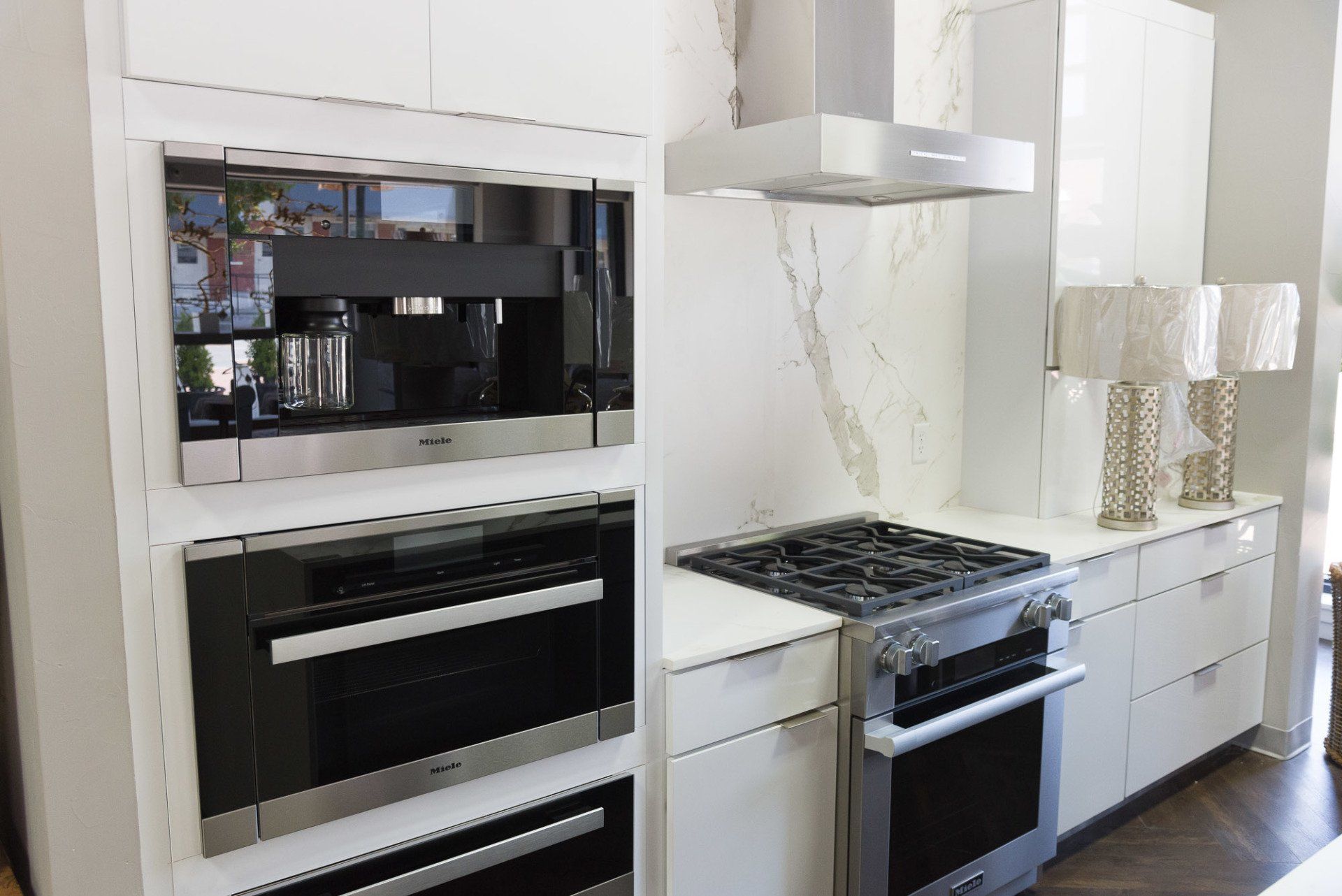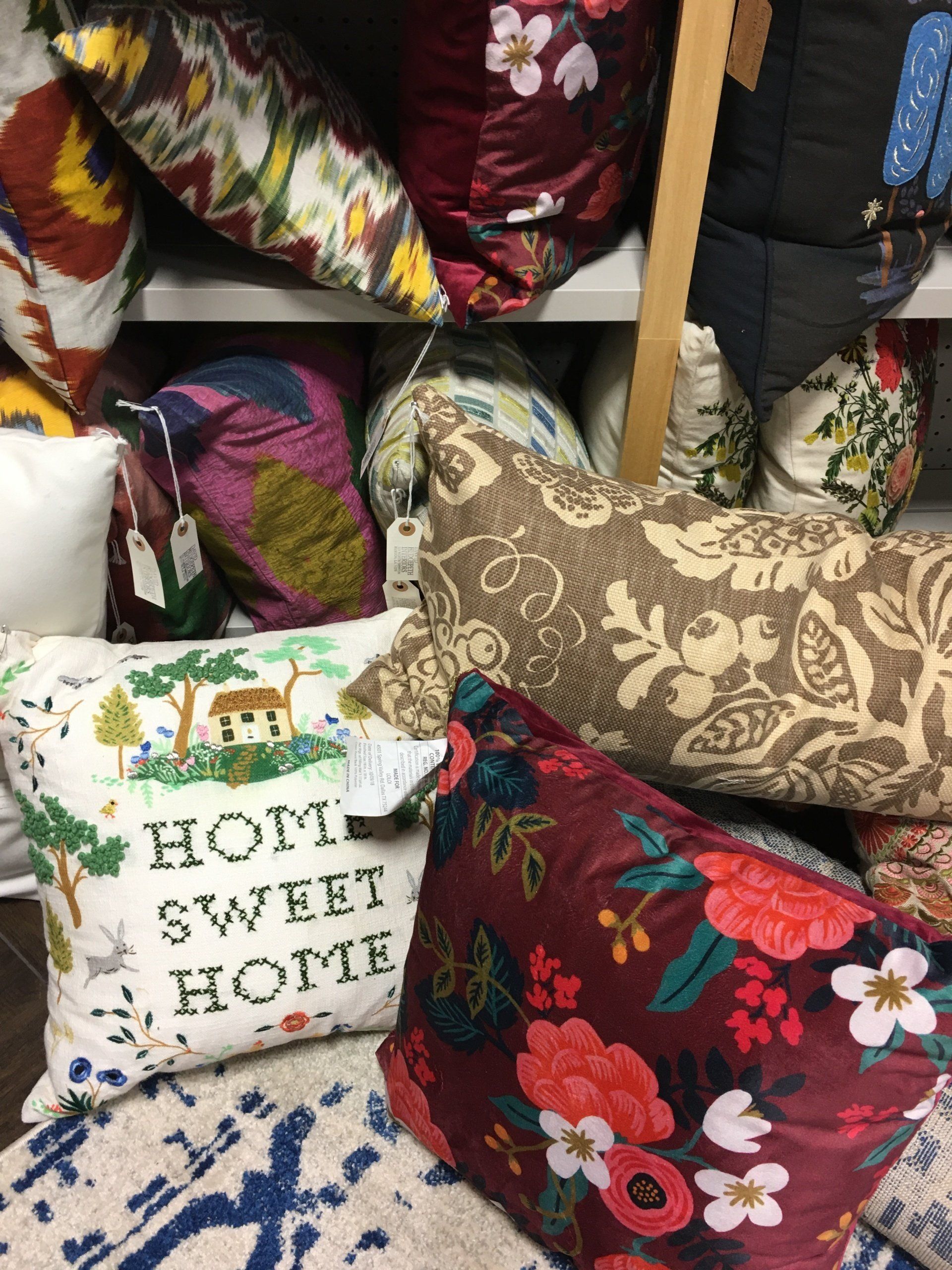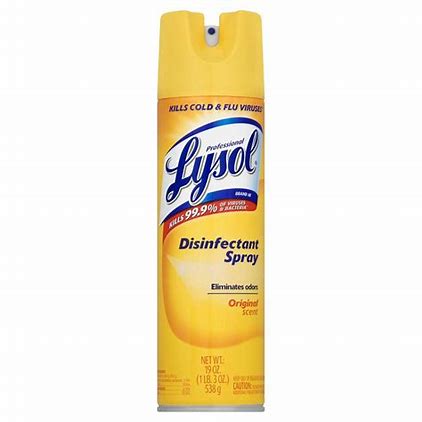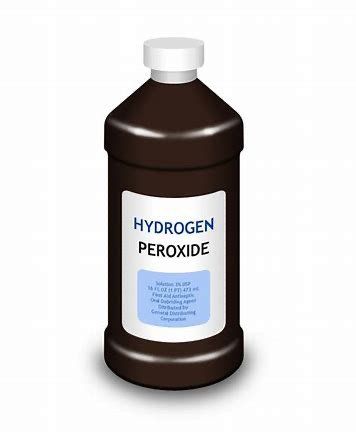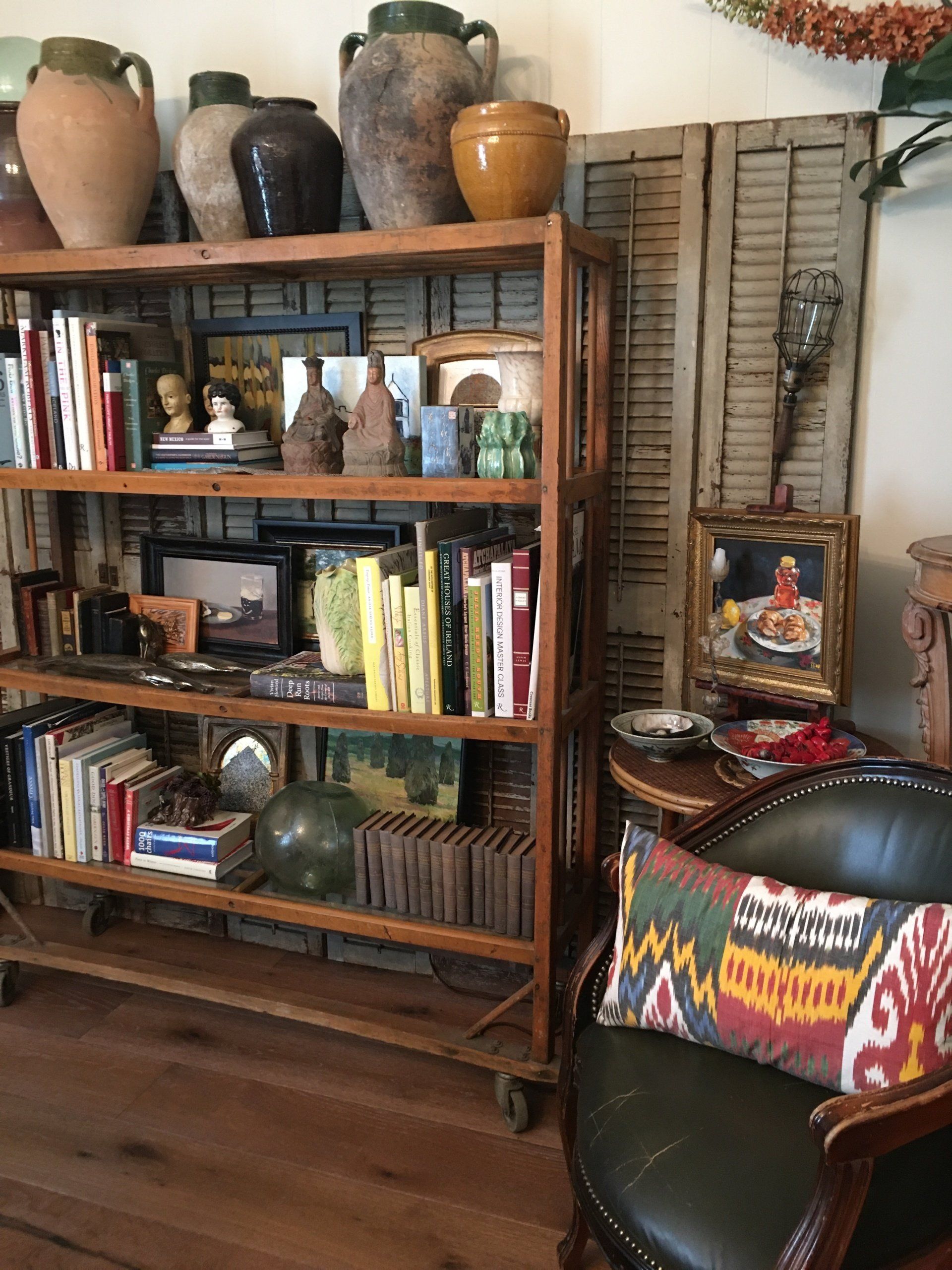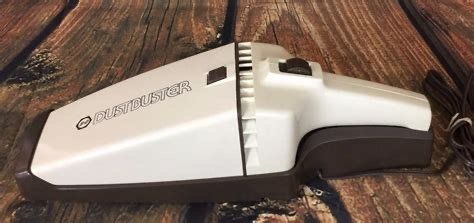Lessons on, Why Quartz Countertops?
In the war of countertop materials, quartz countertops have risen up through the ranks, and are now the most popular option out there — beating out granite, marble and other materials. What Is Quartz? - Unlike granite or marble, this product aren't pure natural stone. They're a special blend of (over 90%) ground up quartz , which is mixed with a binder of resin or polymers. Pigment is added for color and pattern. Once blended, everything is then poured into a mold to form pressed slabs of engineered stone, which are cured before heading off to get cut according to your countertop specifications. Because this is a man-made product, it is also very predictable. Appearance is uniform throughout each slab, and manufacturers can guarantee quality and predictable performance.
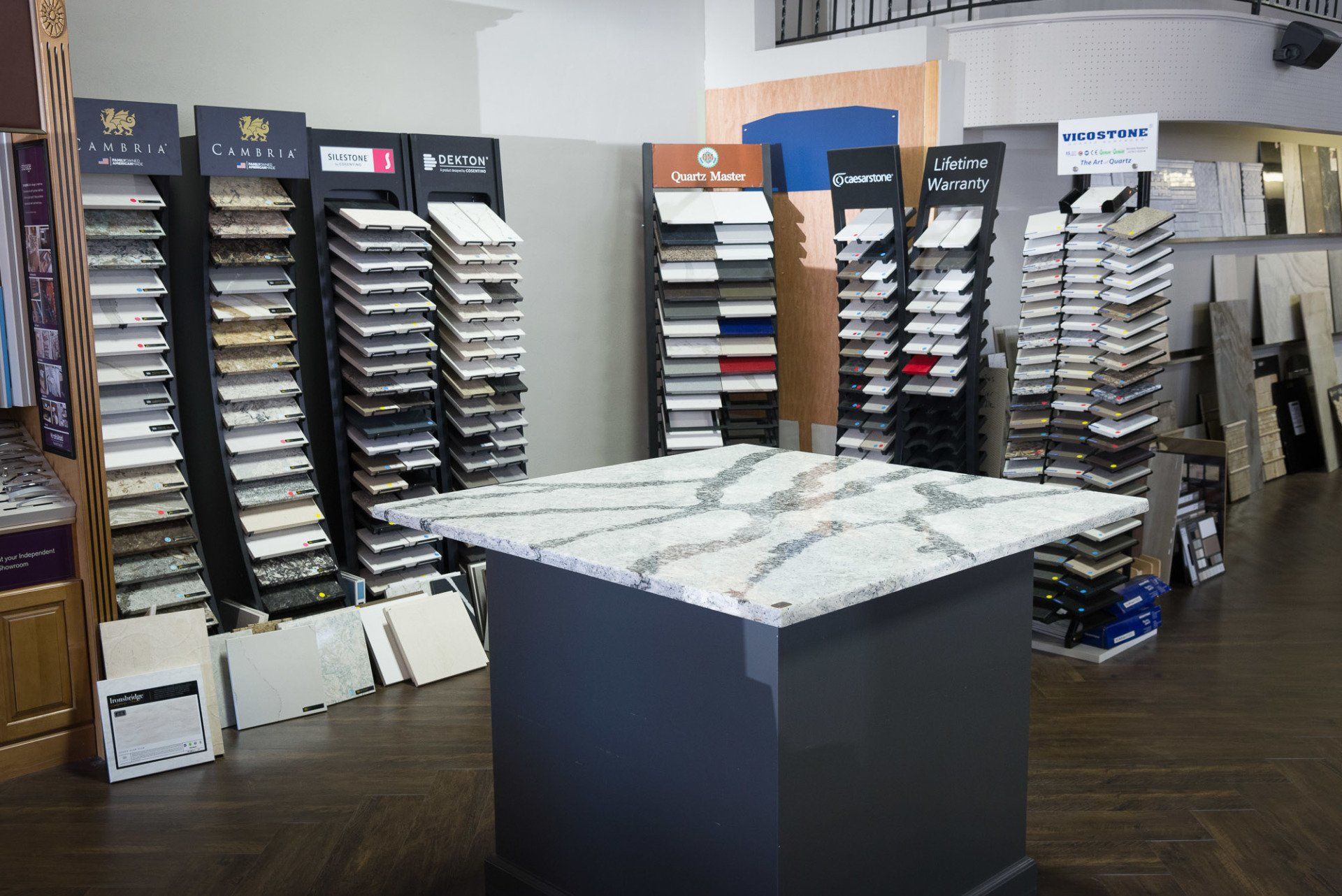
Lesson #1 - Quartz Countertops Colors - Although white and grey are probably the most popular, endless colors are available. Beyond color, new patterns also mimic the look of natural substances with subtle veins and striations — which gives the material some movement and makes it feel more real. There are also now more finishes to consider, in addition to the smooth and shiny quartz you can achieve a softer appearance — with honed or suede-like finishes — that have a brushed feel.
Lesson #2 - How Much Do Quartz Countertops Cost - Unfortunately, quartz countertops aren't a budget kitchen material, and can be a significant chunk of your remodeling budget. They run between $60-100 plus per square foot, including installation.
Lesson #3 - Durability - If you want the look, but not the maintenance, of natural materials like soapstone or marble, quartz countertops are an attractive alternative. Its hardness makes it a good work surface, and one of the most durable and low-maintenance options you can buy. Unlike other materials, it resists etching, stains, cracks and chips. More good news: the resin that binds the quartz during manufacturing already adds protection, so there's no need to initially seal the surface, or maintain by resealing in the future. It's good to know, however, that quartz countertops don't like high heat. You should never put scalding pots and hot pans directly on the countertop: always use a trivet instead.

